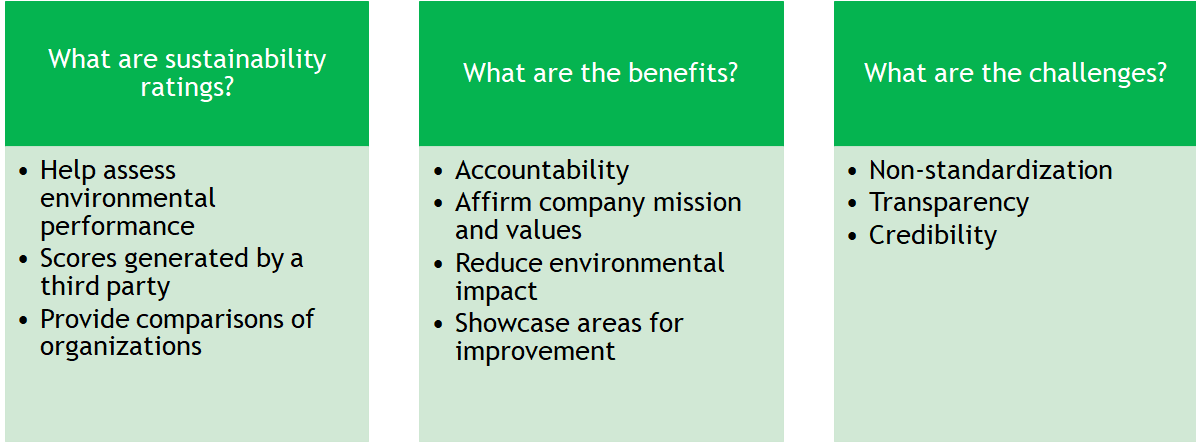The SDGs: Communicating & Measuring Success
As was introduced previously, the United Nations has for a Decade of Action in order to accelerate sustainable solutions to towards the Sustainable Development Goals (SDGs) on three distinct levels: global action, local action, and people action. In this lesson we aim to provide you with an overview of different examples of how action is being undertaken towards the goals on each of these levels. Each of the examples below also illustrate different ways these solutions towards the goals are being communicated to the public from traditional reports to podcasts. In addition, organizations, such as post-secondary institutions, can now participate in reporting their progress towards the goal. Below we explore why an organization may chose to measure their success in delivering on the SDGs.
Global Action
The United Nations website is a great resource and they’ve even developed a series of Podcasts entitled An Idiot’s Guide to Saving the World where each episode explores one of the Global goals and aims to present stories focused on who is affected and what the possible solutions are on a global scale. Each episode also aims to highlight what individuals can do. You can find the podcasts linked here.
Local Action
The Government of Canada chose to undertake a Voluntary National Review of the SDGs in 2023, which highlights the domestic and international progress towards the Goals. The full report can be found here.
An more hyper-local example is Living in Niagara, which offers a platform through Niagara Connects to unite people in the Niagara Region to plan, learn, and lead community action by collaborating to build evidence-informed action plans on social, economic, and environmental change for a stronger future.
People Action
Sustainability at Brock has an online SDG toolbox that was created by university students for the university community. This toolbox showcases information about the SDGs and how they are being addressed here at Brock and locally in Niagara, as well as globally.
There are different training opportunities available to not only post-secondary students but those in the general public as well. For example, in Fall 2019, Brock University offered a full training day focused on the SDG’s that you can learn more about it below:
Brock University SDG Training Day 2019
Why do organizations participate in sustainability rankings/ratings?
Many organizations, including post-secondary institutions, have recognized the importance of beginning to measure their success in delivering on the SDGs. Sustainability ratings are scores that are generated, typically by a third company, based on an organization’s sustainability efforts.

There are many benefits to sustainability ratings, such as the fact that they hold organizations accountable for their environmental impacts and encourage them to strive to do better and reduce their negative impacts on the planet. Sustainability ratings can also help identify areas that require improved sustainability efforts which help organizations set goals and targets for future years. You will learn more about these benefits and themes later in the course, in the Monitoring and Evaluation module.
There are also challenges when it comes to sustainability ratings. There are many different methods and types of sustainability trackers, so there is not yet a standardized system which means results are diverse and it may be difficult to compare from one system to another. Because organizations submit information for rating systems themselves, there is a risk that not all information is being fully disclosed which can affect the validity of ratings and threaten credibility. Luckily, these systems are continuing to evolve and support transparency.
Times Higher Education Impact Ranking (THE Impact Rankings) is a global ranking that captures universities’ success in addressing all 17 SDGs. The third edition of THE Impact Rankings, which was published in April 2021, included more than 1,200 institutions from 98 countries and regions. Brock University has recently submitted for fourth edition of THE Impact Rankings and will receive the results in April 2022.

